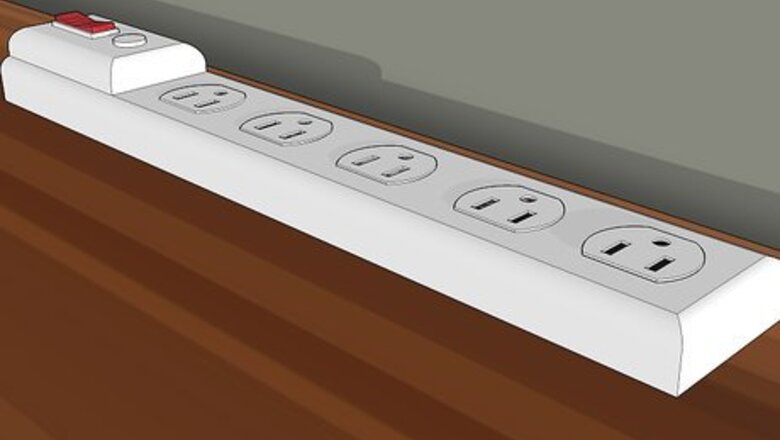
views
X
Research source
- about 3.15 billion per year. Lightning damage to home electronics happens when a strike brings an excess of energy to utility poles. This energy then surges through the power and telephone lines right to your outlets. It's an unfortunate fact that someone, somewhere is going to have their computer fried by lightning. Read on to find out how you can prevent such damage.
Using surge protectors
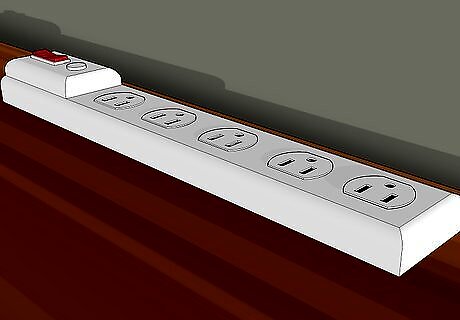
Use a surge protector. This is not to be confused with a power strip. A surge protector will look like a bulky power strip. When your home receives a power spike, the surge protector takes this spike and pushes it away from the outlets and your computer. Remember that even the best surge protectors will not protect against a direct lightning strike. For ultimate protection, if you happen to be home, unplug the surge protector in the case of a threatening storm. The use of surge arresters can prevent damage through a shunt device that activates in one nanosecond or less. When the arrester detects a voltage spike, it instantly reroutes the voltage to the ground and saves the devices from being affected.
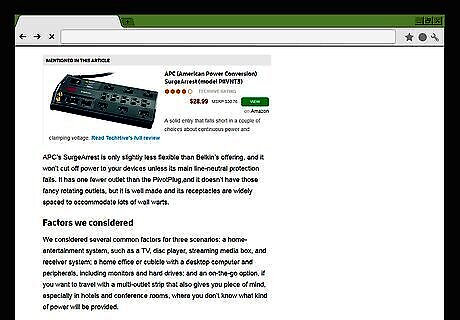
Make sure you're buying a good surge protector. Look for the following features: If you regularly connect your computer to the internet, ensure the surge protector has an internet cable surge protector. Look for a surge protector that offers insurance to cover the loss of properly attached equipment.
Preventing data loss during outages
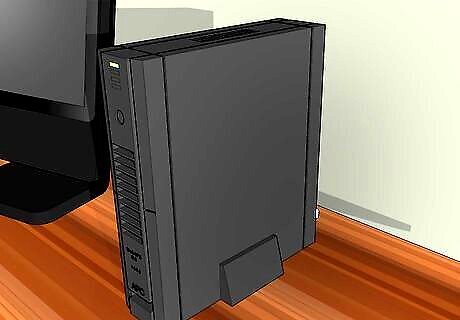
Determine if your electronic set up requires an uninterruptible power supply device, also know as a UPS device. Whereas surge protectors protect surges of power, these UPS devices protect against outages. Outages and dips in power, even if minor, can cause hard or soft damage (like data loss) to certain equipment - for example, external hard drives or advanced telecommunication equipment. A UPS will be particularly beneficial if you have a home office or continually run operations on your electronics. Most UPS devices will also protect your devices from power surges.
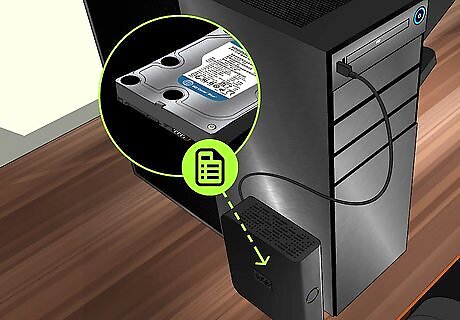
During thundery seasons, do long term data backups on a more opportunistic basis. Do it well before days with a threat of lightning make it a risky thing to be doing.
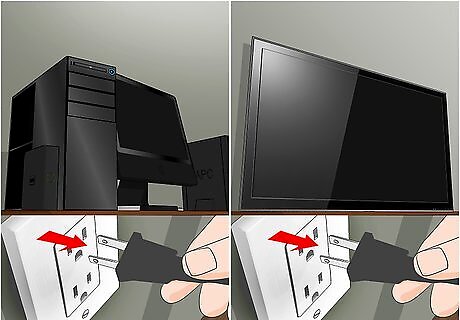
Unplug important equipment if going away for a day or two in thundery seasons.
Assessing storm damage to computing equipment
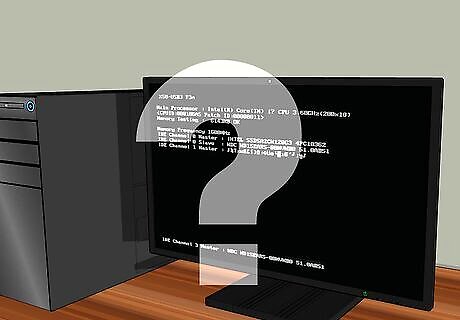
Consider if damage has already occurred. Even if your computer appears to be working you should still give it a check over in case a strike has left it in a dangerous state that might result in electric shock or fire. If any of your telephones or other electronics show signs of damage, it's wise to assume that your computer took a hit too.
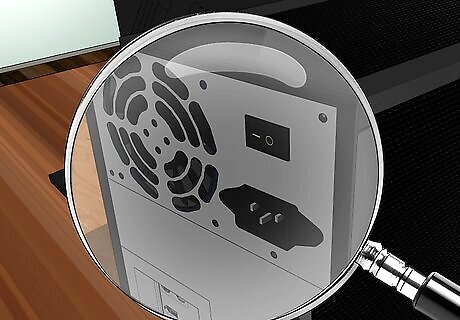
Unplug the computer and check the outside of the case for signs of smoke or burn marks (especially around the power supply at the back). Use your sense of smell. If your computer smells acrid, there may be invisible damage.

If you suspect damage, bring your computer to a local repair shop to get a professional opinion. You may be able to recover your data.



















Comments
0 comment